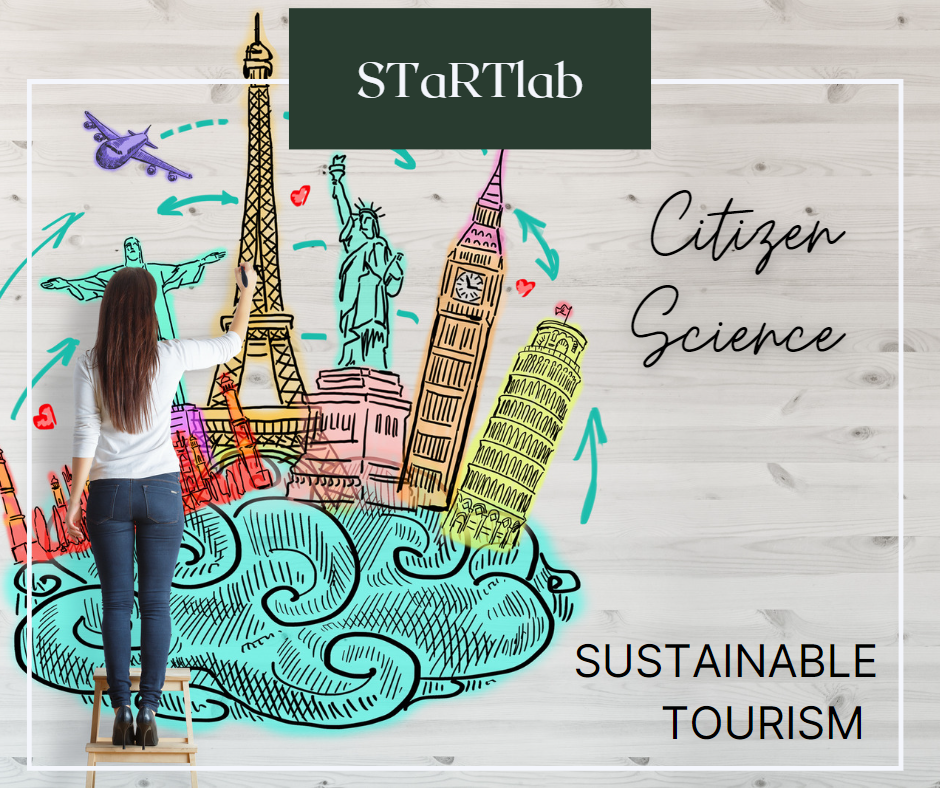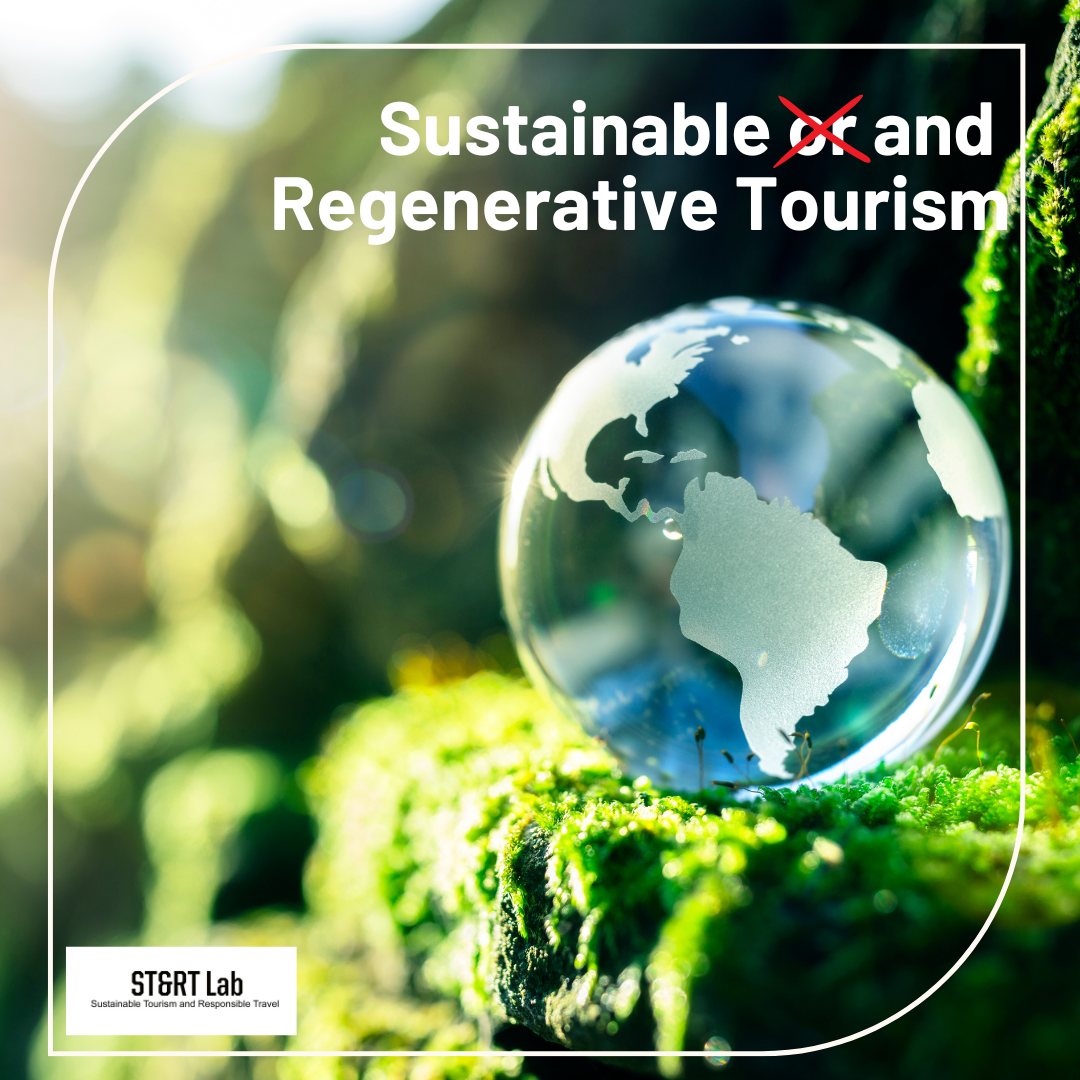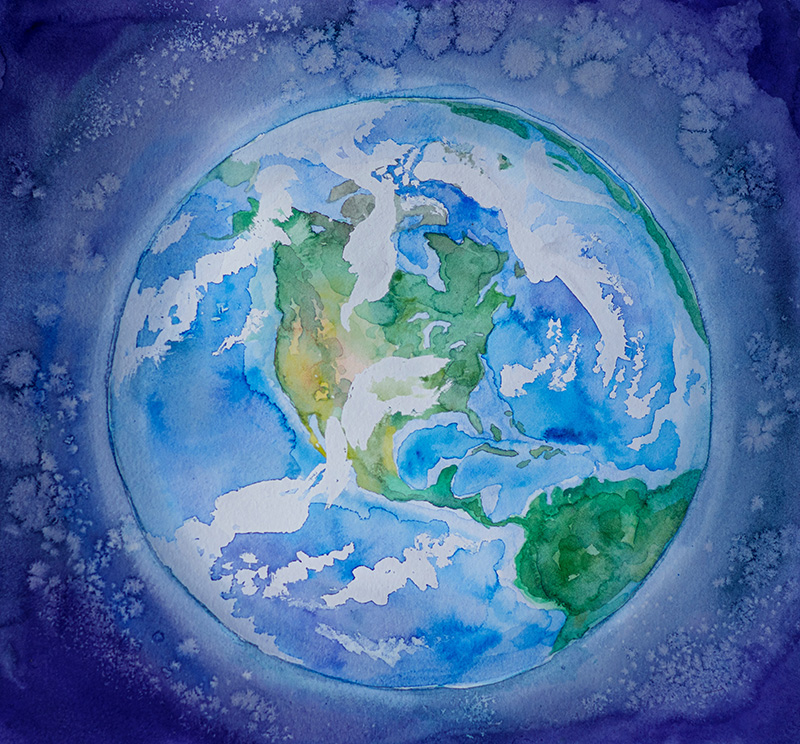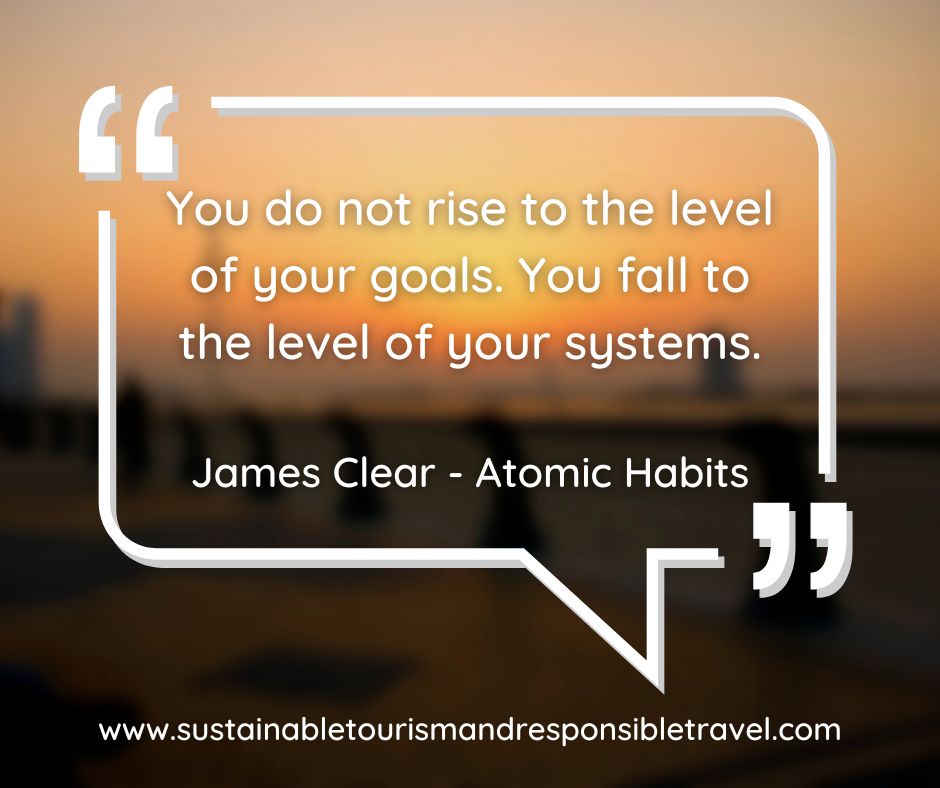Citizen science 4 sustainable tourism
Citizen scientists play an important role in gathering scientific data for research projects around the world, from counting birdlife to monitoring winter storms. But could they help in the work of making destinations more sustainable? Working with Dr. Cristina Cavaliere, Julia Branstrator, and Dr. Kelly Bricker, we set out to examine the Global Sustainable Tourism Council Destination Criteria to see if there were indicators that citizen scientists might be able to observe and report on. Our question was: “could citizen scientists help monitor sustainable tourism?” The Answer: Yes. We found many...












